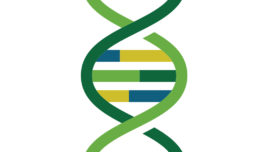Inside HGGA: A Chat with Zhengyang Yu, Li Charlie Xia, and Kaida Ning
Posted By: HGG Advances HGGA: What motivated you to start working on this project? Authors: Heart failure is common and deadly, but its genetics are hard to nail down because it’s highly polygenic, and many genome-wide association study signals haven’t been translated into actionable biology or treatment ideas. We were motivated by the strong genetic overlap between... Read More




